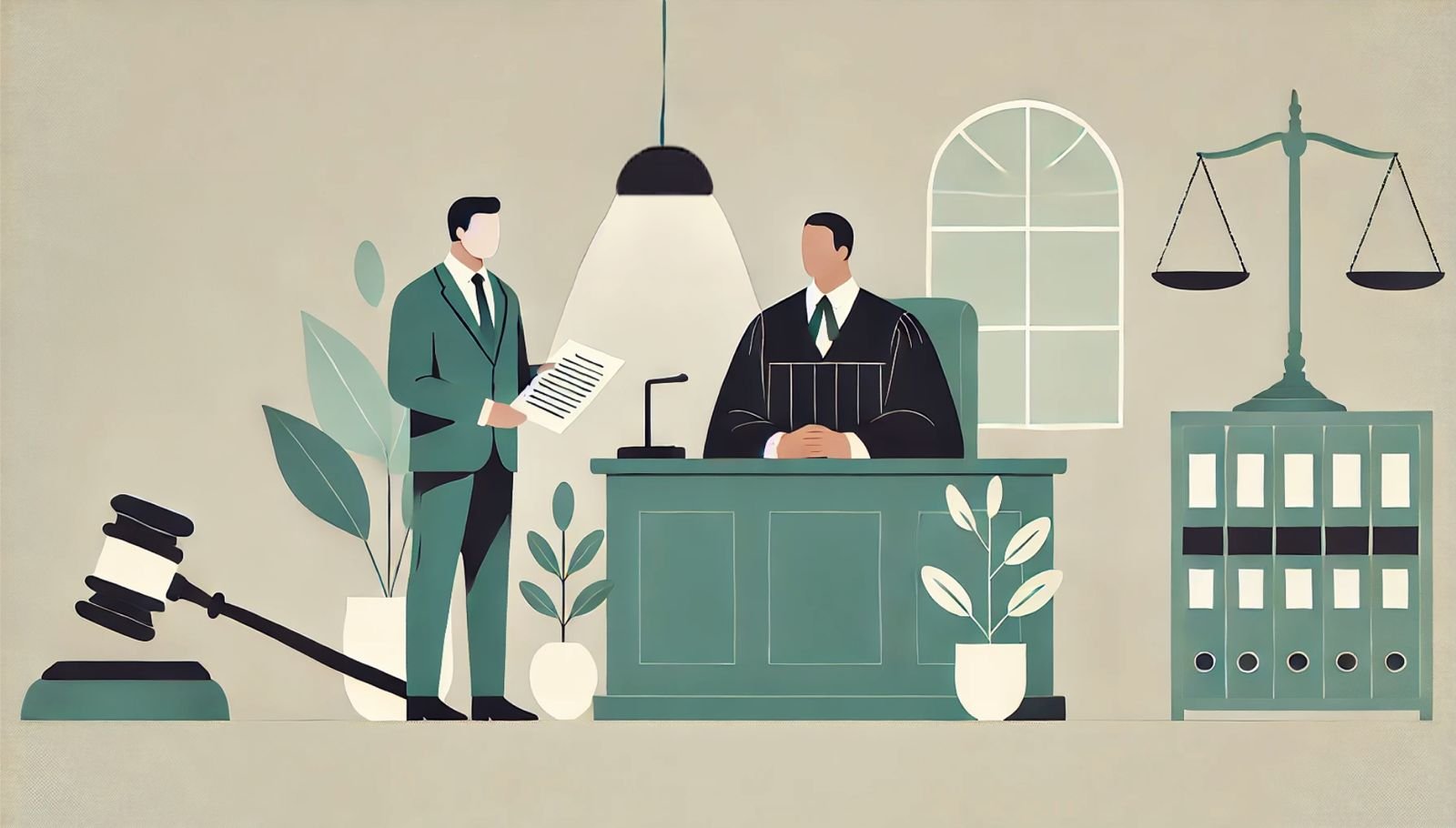How to Sue a Cannabis/Marijuana Company: Exploring Legal Recourse and the Role of a Cannabis Debt Collection Agency
By Brett Gelfand
In recent years, the cannabis/marijuana industry has experienced significant growth, with countless companies emerging in this evolving market. However, despite the industry's progress, businesses may occasionally face issues, ranging from product liability concerns to contractual disputes. In this blog post, we'll explore the process of suing a cannabis/marijuana company when owed money, along with the importance of considering a cannabis debt collection agency before resorting to legal action.
Before proceeding with a lawsuit, it's crucial to understand the legal landscape surrounding the cannabis industry. Federal and state laws and regulations play a significant role in shaping the grounds for legal claims. Common types of lawsuits against cannabis/marijuana companies include breach of contract and fraud. By familiarizing yourself with these potential legal claims, you can assess the viability of your case and determine the best course of action.
To build a strong case against a cannabis/marijuana company, thorough preparation is essential. Start by documenting the issue or harm caused by the company, ensuring you have a clear and comprehensive record. Gather any evidence supporting your claim, such as contracts, correspondence, receipts and emails. It's highly advisable to consult with an attorney specialized in cannabis/marijuana law who can guide you through the process and provide valuable insights based on their expertise.
Navigating the legal complexities of a cannabis/marijuana lawsuit requires the expertise of a skilled attorney. Research and select an attorney experienced in cannabis/marijuana litigation, as they will possess the necessary knowledge to handle your case effectively. Consider consulting with legal aid organizations or seeking referrals to find the right attorney for your specific needs. When evaluating potential attorneys, review their expertise and track record in handling similar cases successfully.
Once you've gathered the necessary information and secured legal representation, it's time to initiate the lawsuit. Prepare and file the complaint, ensuring it accurately details your claims against the cannabis/marijuana company. Consider jurisdiction considerations and select an appropriate venue for the lawsuit. Finally, serve the cannabis/marijuana company with the lawsuit, initiating the legal process.
Throughout the legal process, you'll encounter various stages and challenges. Responding to the defendant's motions and pleadings is an essential part of building your case. The discovery phase allows you to obtain relevant information and documents that may strengthen your claims. Depending on the circumstances, settlement negotiations or alternative dispute resolution methods might also be explored to reach a resolution outside of court.
To bolster your case against a cannabis/marijuana company, consider collecting expert opinions and testimonies if applicable. Analyze industry regulations and standards to demonstrate how the company's actions deviated from accepted practices. Presenting a strong case supported by credible evidence and expert insights significantly increases your chances of a favorable outcome.
Considering a Cannabis Debt Collection Agency: While the legal process provides recourse for consumers, it's worth exploring alternative options before escalating the matter to a lawsuit. Engaging a cannabis debt collection agency can be a strategic step to recover owed money efficiently. These specialized agencies possess expertise in navigating the unique challenges of the cannabis industry, allowing them to employ effective debt collection strategies tailored to this niche market. By pursuing debt collection first, you may avoid the complexities and costs associated with legal action, while still achieving a satisfactory resolution. Look for a marijuana debt collection agency that works on a contingency fee like CannaBIZ Collects. This way you don’t have to pay for hourly rates, and instead, only pay if the debt collection agency succeeds in getting your money back in the cannabis industry.
Suing a cannabis/marijuana company requires careful consideration of legal avenues, thorough preparation, and the guidance of an experienced attorney. By documenting the issue, gathering evidence, and understanding the legal landscape, you can build a strong case to support your claims. Additionally, exploring the option of working with a cannabis debt collection agency can offer an efficient and effective alternative for resolving financial disputes and getting your money back. Remember, it's crucial to evaluate your specific circumstances and consult with professionals to determine the best course of action for your case. For more information, visit www.cannabizcollects.com
About Author: Brett Gelfand
Brett is an accomplished entrepreneur in the cannabis industry, with a talent for building successful brands and businesses. His career began in 2015 as CEO of a vertically integrated cannabis company in Colorado, where he gained extensive knowledge of the industry.
Later, Brett co-founded, PAQcase, a specialty child-resistant cannabis packaging business and served as CEO, successfully developing innovative packaging solutions that established the company as a leader in the space. His leadership and strategic vision were instrumental in achieving a successful exit in 2022.
Currently, as Managing Partner of CannaBIZ Collects, the nation’s first and leading cannabis collection agency, Brett leverages his expertise to help cannabis businesses navigate the complex legal and financial landscape related to credit and collections.
With a BBA in Finance from The University of Georgia, Brett brings a unique blend of business acumen and financial expertise to his work. Passionate about driving innovation in the industry, Brett continues to explore new opportunities and mentor aspiring entrepreneurs from his home base in St. Petersburg, FL.

